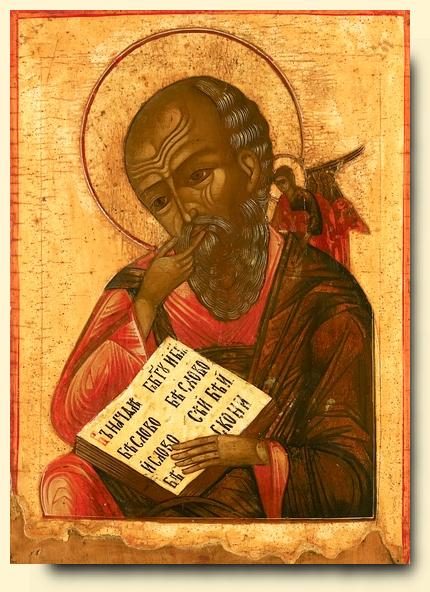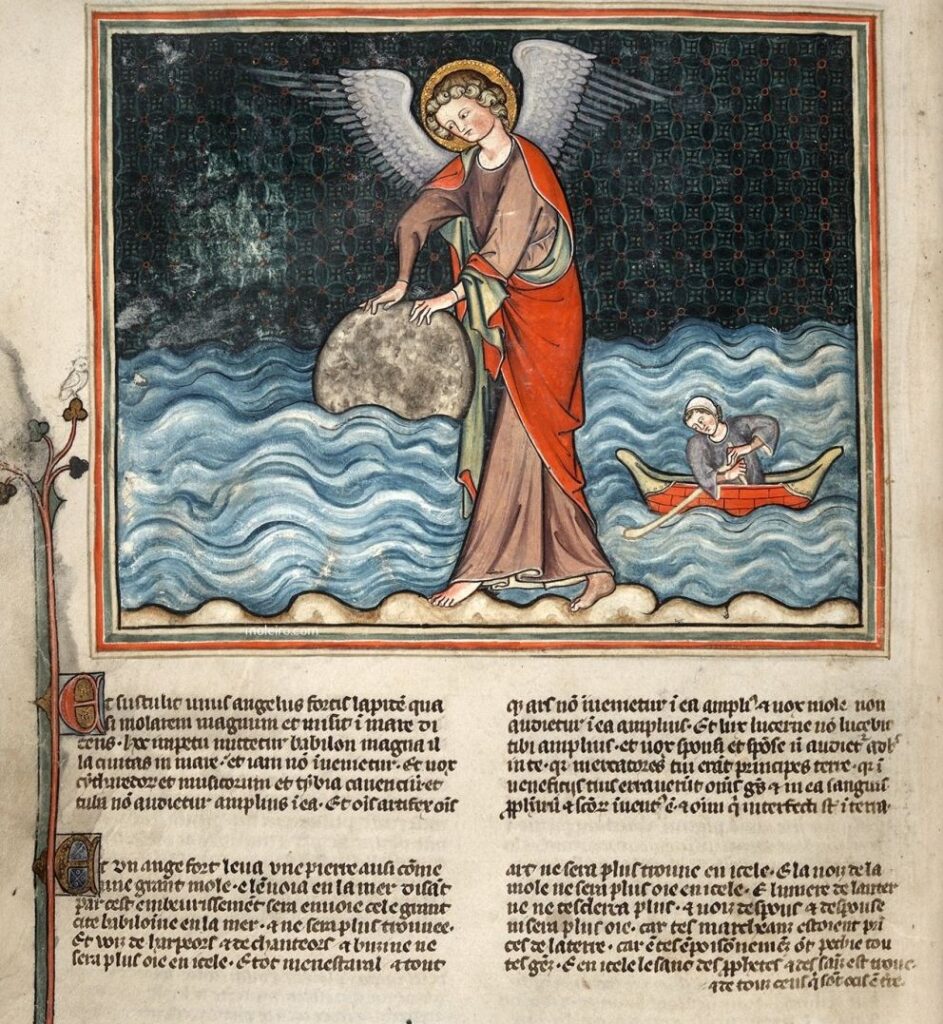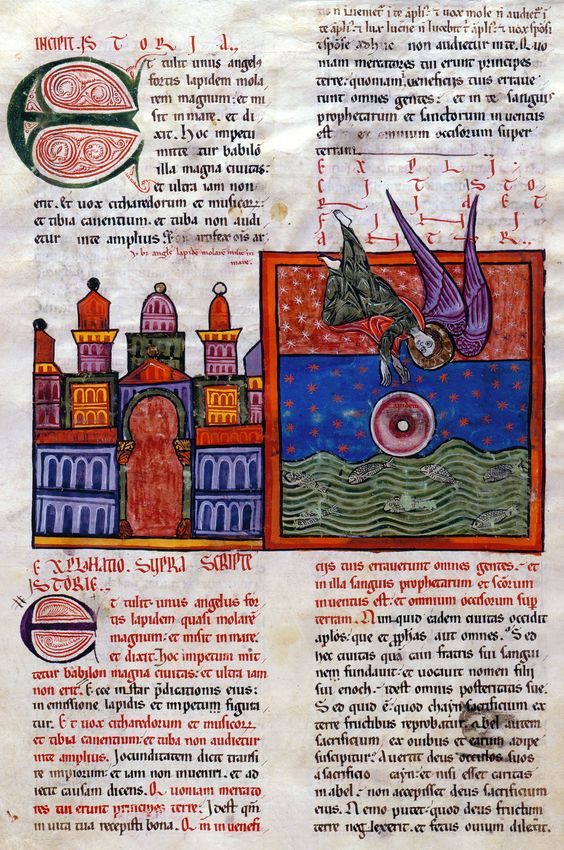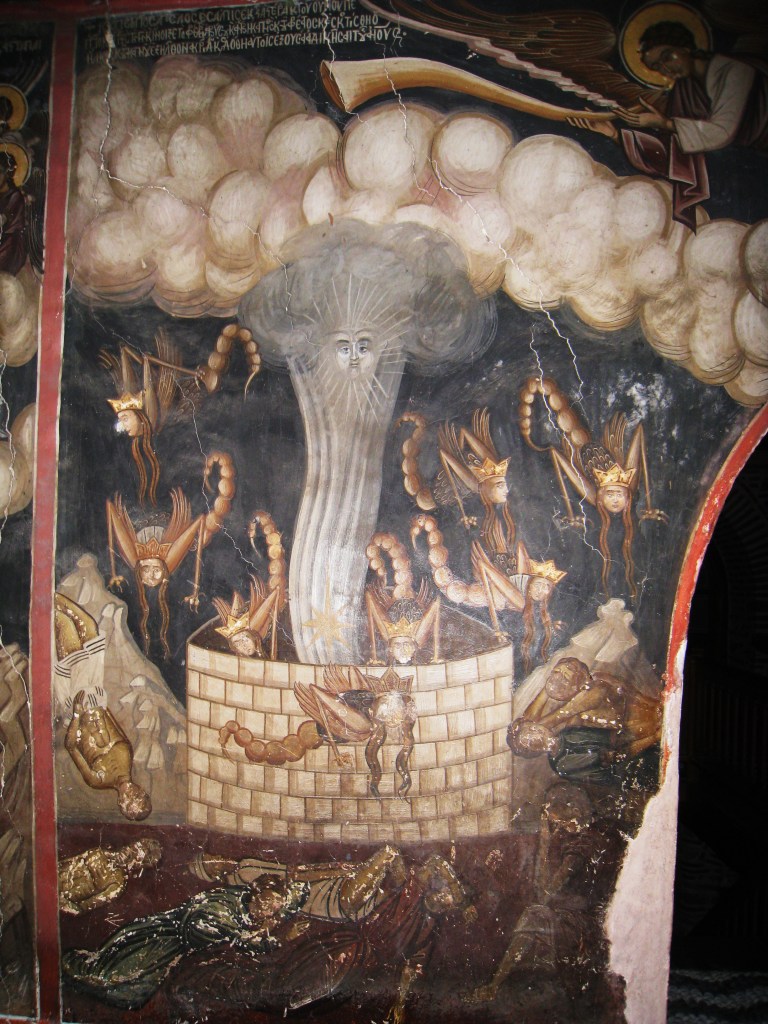
Which is it to be? I am thinking about my next series of blog posts. Too many choices! But I have narrowed the selections down to three possibilities–a series about the book of Genesis, or about the epistle to the Romans, or the first epistle to the Corinthians.
That’s quite a short list, isn’t it?! It’s traditional to begin reading the book of Genesis in the post-Epiphany season and continue reading it until Holy Week approaches. So much of Genesis sets the stage for the drama of redemption in Jerusalem that our understanding of Christ’s Passion-Death-Resurrection can only be enhanced by understanding more about the book of Genesis.
Romans is always interesting–and frequently controversial. Many theological debates and battles have been sparked by someone reading a portion of Romans, sharing their insights, and someone else arguing, “That’s not what it means!” Struggling with Romans is to struggle with some of the most basic and yet sophisticated theological ideas.
Then there is the first epistle of St. Paul to the Corinthians. Corinth was a cesspool of a city in the first century; a friend recently described it as “the Las Vegas of the first century!” The first Christian parish there had many difficulties, reflecting the difficulties in the city. There were several letters from church leaders to the parish in Corinth in the first two centuries, each urging the Corinthian Christians to get their act together! St. Paul’s first epistle to the Corinthians is the first salvo in that series of epistles that attempt to deal with the problems in Corinth.
Which series would my readers be most interested in? What do you want to read a series of blog posts about? This is certainly not a democracy–I will make the final decision! But I am interested in knowing what you–my readers–think. Let me know which series you might be most interested in reading. Then see which one begins next week.
Or do you have another idea for a different series altogether? Let me know!



